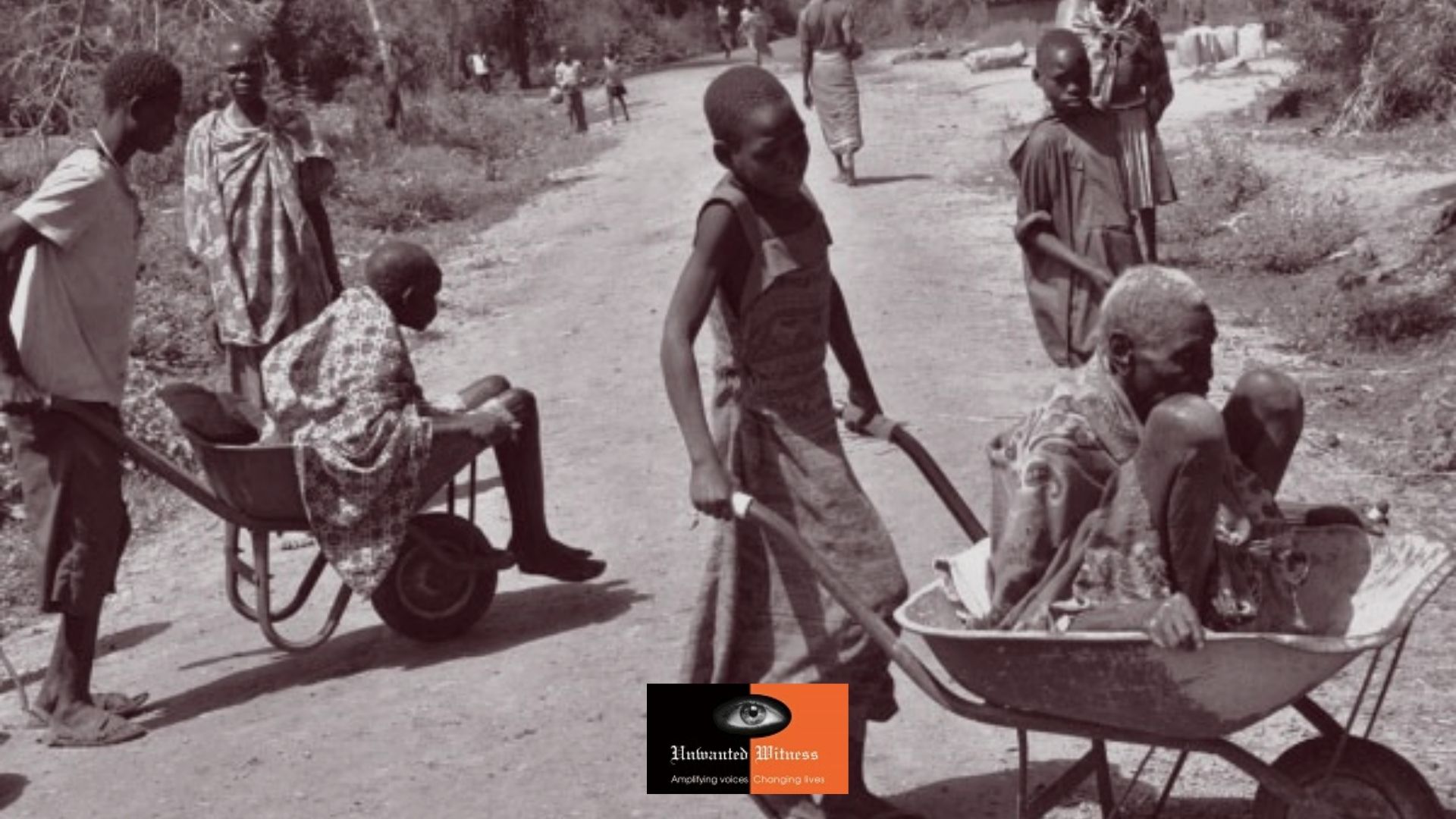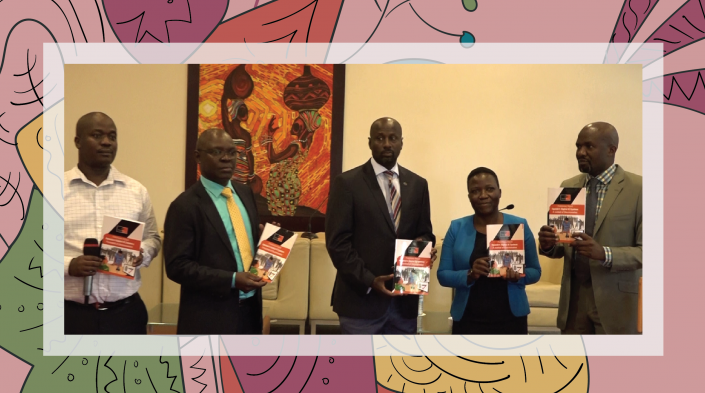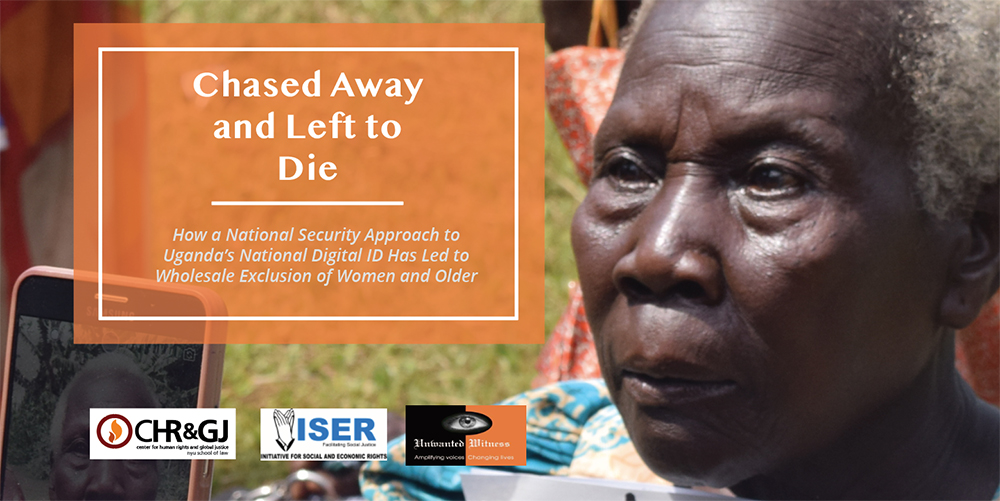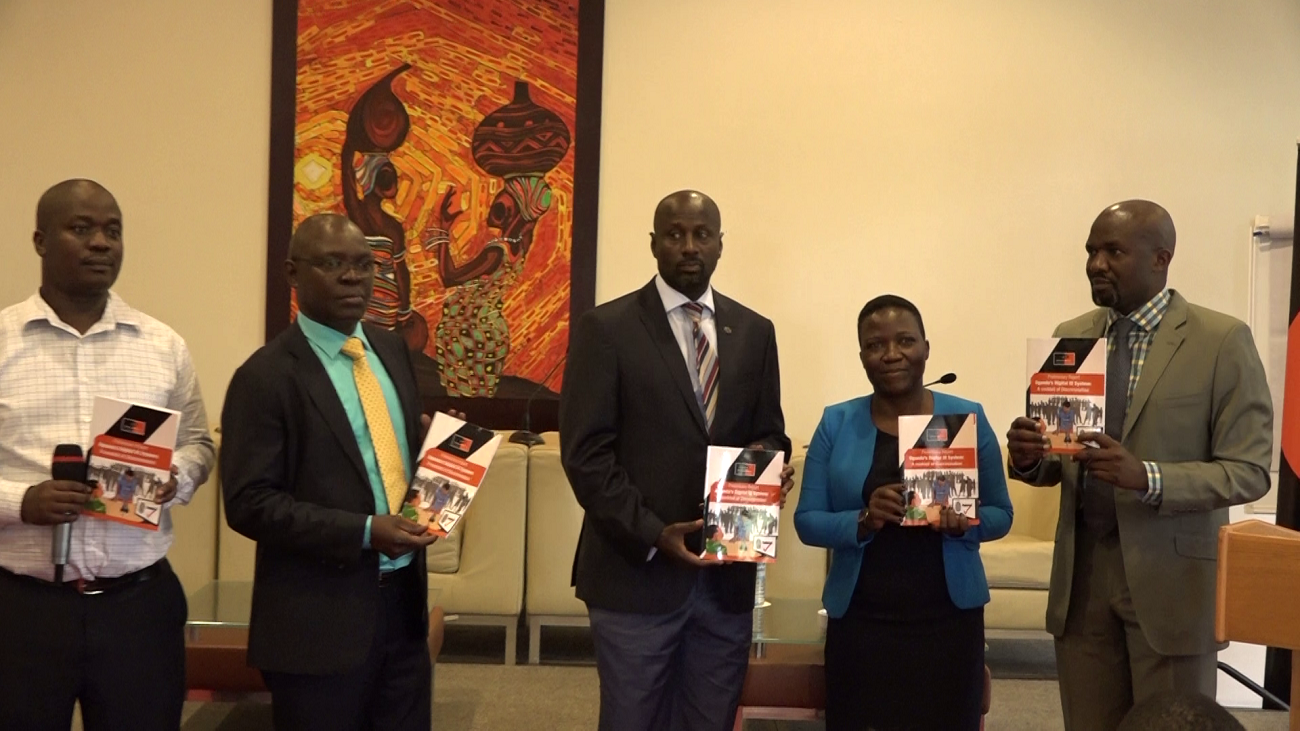Uganda’s National ID system; an access hindrance to the Social Assistance Grants for Empowerment (SAGE).

Uganda’s elderly population is projected to double to 2.5 million by 2040 but majority of these live in rural areas without social security and Identity.
Uganda’s National ID system; an access hindrance to the Social Assistance Grants for Empowerment (SAGE).
In June 2010, cabinet approved Expansion of the Social Protection Programme with one of its aims of reducing vulnerability and poverty among the elderly (65+ and 60 years for Karamoja) through the Senior Citizens Grant which provides direct income support of $6.9 (25,000) shillings per month disbursed bi-monthly $13.8 (Ugx. 50,000) to the elderly persons as an enabler to enjoy dignified and respectful lives addressing particular vulnerabilities within their social, political and economic spheres.
The grant resonates with Uganda’s Vision 2040 which seeks to foster inclusive development but the eligibility criteria to get onto the beneficiary list solely depends on registration with National Information Registration Authority (NIRA) whose system by design has inefficiencies that cause delays in obtaining a National ID Card, which is a compulsory physical requirement to get the bi-monthly grant leaving out some of the elderly who don’t have it.
Its paramount to note that a rights based approach on equality, non-discrimination, universal participation are central to social protection programmes before rollouts taking in considerations all the targeted recipients.
Uganda’s elderly population is projected to double to 2.5 million by 2040 but majority of these live in rural areas with 85% engaging in crop farming, without social security and Identity. Although proponents of the Senior Citizens Grant have commended it for creating an enabling environment for the recipients to meet basic needs, access medical care, and support grandchildren education including improved nutrition in earlier pilots. However, the dependency burden exerted on the grandparents taking care of 50% of orphanage grandchildren in Uganda as a result of death and migration push factors, this strain may not exit the old persons from poverty.
Legal and Policy framework
The 1995 Constitution of the Republic of Uganda under objective VII and Directive Principles of state policy stipulates that; “the state shall make reasonable provision for the welfare and maintenance of the aged.”
This is emphasized by Article 32(1) which provides for affirmative action in favour of marginalized groups on the basis of gender, age, disability among others, for the purpose of redressing imbalances that exist against them.
Uganda also adopted the National Policy for Older Persons in 2009 that calls for equal treatment, social inclusion, and provision of livelihood support for older persons. The policy identifies the provision of direct income support and social insurance as key social protection instruments for addressing the needs of older persons
Implementation, Identity and the Law;
The Social Assistance Grant for Empowerment (SAGE) is implemented by the Ministry of Gender, Labour and Social Development. To be more effective, the ministry designed guidelines for the implementation of the programme as stipulated in the Senior Citizens Grant Operational Manual
However, the set guidelines are flouted during implementation. While alternative identifications like voter’s card, birth certificate, driving permit were recognized and to be used to authenticate beneficiaries in the manual, the implementers of the grant are restricting access to only a National ID, a requirement that has left out potential beneficiaries due to biometric complications documented in the 2018 SAGE Assessment Report by the parliamentary committee on Gender, Labour and Social Development.
Evidence shows that those aged (80+ years), few can remember their correct birthdates raising concerns of under-declarations of their age an issue that cannot easily be rectified by the National ID system. In Uganda, getting a National ID is a stiff and complicated process for the elderly because the NIRA processes are too manual to readily avail the National ID to the elderly persons in the shortest time leaving out many from SCG enrollment exercise 2019/2020 with established facts that most are weak, chronically ill and disabled, vulnerabilities that come off with old age.
Fingerprints biometrics of the elderly in some cases are worn out and absent amidst those with disabilities hardening the retrieval process of personal data during verification and data capture. Without revisiting the Operational Manual on Senior Citizens Grant, “Section 6” on Identification and Verification, advancing programming is bound to violate human rights best practices of inclusion while creating limitations in terms of scope, coverage, and efficiency.
Rectification of errors on the National ID is burdensome with a cost implication of 50,000 Ugandan shillings to be paid to the bank with charges. To bring matters in perspective! How many elderly persons (80+) can manage and afford this cost in Uganda? Because many are living in chronic poverty making it hard to correct mistakes on their dates of birth and names. This refutes the fact that registration and enrolment to the Senior Citizen Grant is “free” disintegrating the 2019/2020 SAGE campaign because the rectification of the data involves incurring indirect costs.
Recommendations
It would be practical for the implementers to maintain the Community Registration Model that creates a supplementary register that is to be used as a stop gap in reducing the inefficiencies and failures in the National ID system. This model uses local structures that are more conversant with the elderly through peer referral by friends, relatives and local leaders.
There is need to legitimatize other official documents like the Voters card, Long birth certificate, passport, drivers permit, Baptism certificate, marriage certificate as legal documents upon which one can receive his benefit since they also give better insights in events surrounding lives of the elderly.
Decisively, until National Information Registration Authority (NIRA) has full national capacity to deliver on its mandate and obligations on complete national coverage, the use of the National ID as the primary requirement for assessment and accessing the Senior Citizens Grant should be revised.




